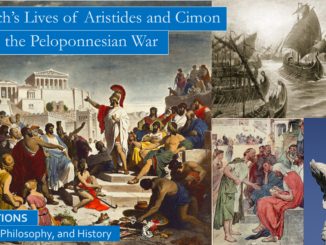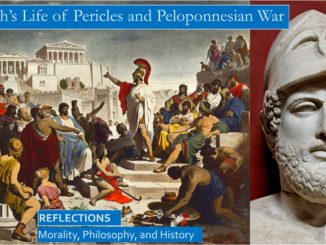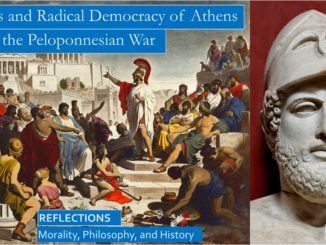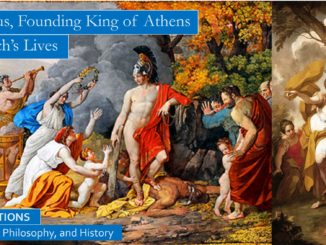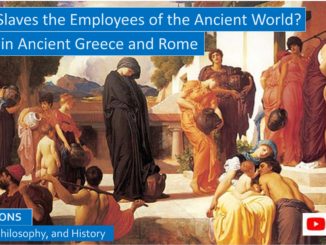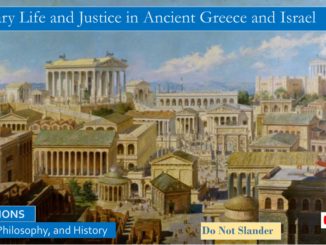We are tempted to view slavery as something that went away with the Civil War, that with regards to slavery the modern world is so morally superior to the ancient world. The truth is that there were no employees in the ancient world, that slaves in the ancient worlds did the work that employees are hired to do in today’s world.
To understand the role of slaves in the ancient world we have a totally distorted picture when we only focus on the moral wrong of owning another person, treating servants like talking draft animals. The other aspect of slavery is paying someone such low wages that they cannot feed their family with dignity, that they feel like they live forever on the edge of the abyss, where the slightest crisis could force them to live in the streets. Someone who earns starvation wages is very much a modern-day slave. […]


